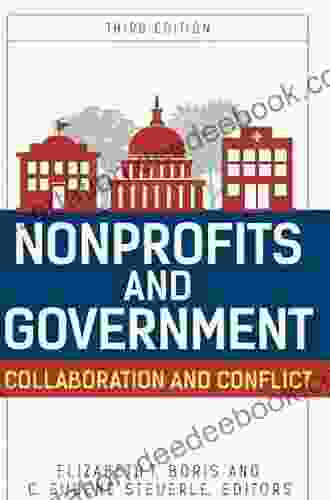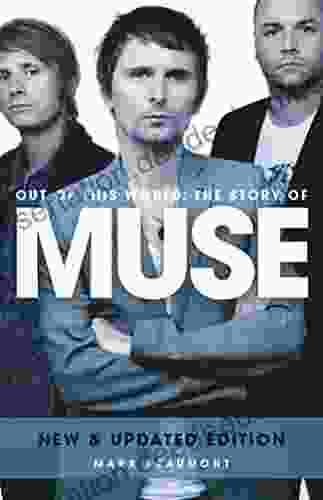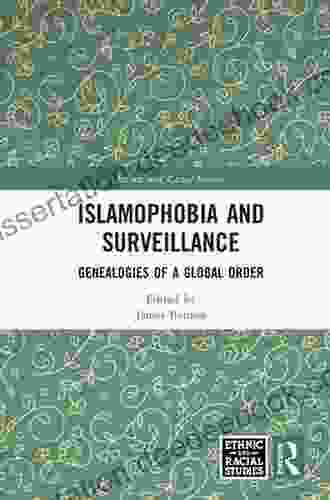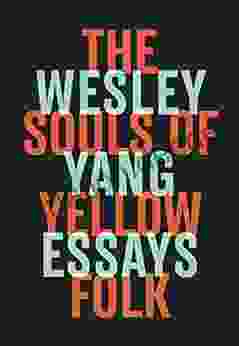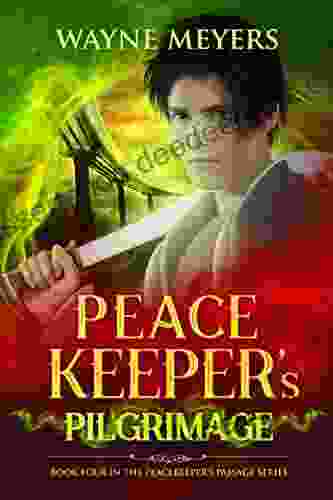Navigating the Delicate Balance: Collaboration and Conflict in Urban Institute Press

Urban development is a complex and multifaceted process that often involves a delicate balance between collaboration and conflict. On the one hand, collaboration can bring together diverse stakeholders with different interests and perspectives, fostering shared understanding and common goals. On the other hand, conflict can arise from competing interests, differing values, and power imbalances, potentially hindering progress.
4.7 out of 5
| Language | : | English |
| File size | : | 9773 KB |
| Text-to-Speech | : | Enabled |
| Screen Reader | : | Supported |
| Enhanced typesetting | : | Enabled |
| Word Wise | : | Enabled |
| Print length | : | 373 pages |
In this article, we will explore the dynamic interplay between collaboration and conflict in urban development. We will examine the benefits and challenges of each, and discuss strategies for balancing these forces to drive transformative change in our cities.
The Benefits of Collaboration
Collaboration can offer numerous benefits in the context of urban development. By bringing together stakeholders with diverse perspectives and expertise, it can:
- Enhance communication and understanding among stakeholders, leading to more informed decision-making.
- Facilitate the identification of shared goals and priorities, fostering a sense of common purpose.
- Enable the development of creative and innovative solutions that address the complex challenges facing urban areas.
- Promote trust and mutual respect among stakeholders, creating a foundation for long-term partnerships.
- Increase the transparency and accountability of urban development processes, enhancing public confidence.
The Challenges of Conflict
While collaboration can bring significant benefits, conflict is an inherent part of urban development. It can arise from a variety of factors, including:
- Competing interests among stakeholders, such as developers, residents, and businesses.
- Differing values and perspectives on the future of the city.
- Power imbalances between different groups, leading to unequal access to resources and decision-making.
- Lack of trust and communication, resulting in misunderstandings and resentment.
- External factors, such as economic downturns or political instability, which can exacerbate existing conflicts.
Conflict can have significant challenges for urban development. It can:
- Delay or even halt projects, wasting time and resources.
- Damage relationships between stakeholders, making future collaboration difficult.
- Polarize communities, creating divisions that can undermine social cohesion.
- Lead to legal disputes and other adversarial processes, further escalating tensions.
- Erode public trust in urban development processes, making it more difficult to implement future projects.
Balancing Collaboration and Conflict
Given the potential benefits and challenges of both collaboration and conflict, it is crucial to find ways to balance these forces in urban development. This can be achieved through a variety of strategies, including:
- Early and inclusive stakeholder engagement: Involving stakeholders in the planning process from the outset can help identify potential conflicts early on and develop strategies to address them.
- Facilitation and mediation: Skilled facilitators and mediators can help stakeholders communicate effectively, understand each other's perspectives, and work towards common goals.
- Transparency and accountability: Open and transparent processes can help build trust and reduce suspicions among stakeholders.
- Adaptive planning: Recognizing that conflicts are inevitable, urban planners should adopt adaptive approaches that allow for flexibility and adjustment as circumstances change.
- Conflict resolution mechanisms: Establishing clear mechanisms for conflict resolution can help manage disputes and prevent them from escalating.
By carefully balancing collaboration and conflict, urban developers can harness the benefits of both to create more sustainable, equitable, and resilient cities. Collaboration can foster innovation, shared understanding, and common goals, while conflict can challenge assumptions, surface diverse perspectives, and lead to more robust and inclusive solutions.
The delicate balance between collaboration and conflict is a complex and ongoing challenge in urban development. However, by understanding the dynamics of each and employing effective strategies to manage them, we can create cities that are not only livable and sustainable, but also inclusive, equitable, and just.
4.7 out of 5
| Language | : | English |
| File size | : | 9773 KB |
| Text-to-Speech | : | Enabled |
| Screen Reader | : | Supported |
| Enhanced typesetting | : | Enabled |
| Word Wise | : | Enabled |
| Print length | : | 373 pages |
Do you want to contribute by writing guest posts on this blog?
Please contact us and send us a resume of previous articles that you have written.
 Novel
Novel Page
Page Text
Text Genre
Genre Reader
Reader Newspaper
Newspaper Paragraph
Paragraph Shelf
Shelf Glossary
Glossary Bibliography
Bibliography Preface
Preface Annotation
Annotation Manuscript
Manuscript Scroll
Scroll Tome
Tome Bestseller
Bestseller Classics
Classics Library card
Library card Narrative
Narrative Encyclopedia
Encyclopedia Thesaurus
Thesaurus Character
Character Resolution
Resolution Librarian
Librarian Card Catalog
Card Catalog Borrowing
Borrowing Stacks
Stacks Archives
Archives Periodicals
Periodicals Study
Study Research
Research Lending
Lending Reserve
Reserve Journals
Journals Interlibrary
Interlibrary Thesis
Thesis Storytelling
Storytelling Awards
Awards Reading List
Reading List Theory
Theory A A Weiss
A A Weiss 2015th Edition Kindle Edition
2015th Edition Kindle Edition Norm Mort
Norm Mort Mark Hayes
Mark Hayes Conn Iggulden
Conn Iggulden Quintus Curtius
Quintus Curtius Derek Beres
Derek Beres Percy Rossell Perry
Percy Rossell Perry Will Overby
Will Overby William A Adams
William A Adams Vivien Chien
Vivien Chien Kevin Hillstrom
Kevin Hillstrom Terra Vanzant Stern Phd
Terra Vanzant Stern Phd Dia Cole
Dia Cole D Dennis Hudson
D Dennis Hudson Anita Yasuda
Anita Yasuda Jack Stainton
Jack Stainton Tom Lin
Tom Lin Julia Mcguire
Julia Mcguire Peter Upclaire
Peter Upclaire
Light bulbAdvertise smarter! Our strategic ad space ensures maximum exposure. Reserve your spot today!
 Jeffrey CoxFollow ·7k
Jeffrey CoxFollow ·7k Galen PowellFollow ·9.7k
Galen PowellFollow ·9.7k Thomas HardyFollow ·8.3k
Thomas HardyFollow ·8.3k Jackson BlairFollow ·10k
Jackson BlairFollow ·10k Gil TurnerFollow ·6k
Gil TurnerFollow ·6k Philip BellFollow ·10k
Philip BellFollow ·10k Frank MitchellFollow ·11.5k
Frank MitchellFollow ·11.5k Hunter MitchellFollow ·12.9k
Hunter MitchellFollow ·12.9k
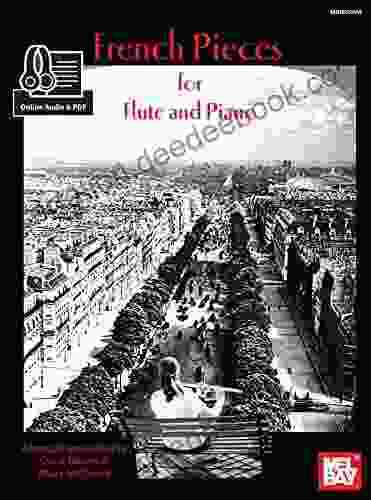
 Keith Cox
Keith CoxFrench Pieces for Flute and Piano: A Journey into...
The world of...
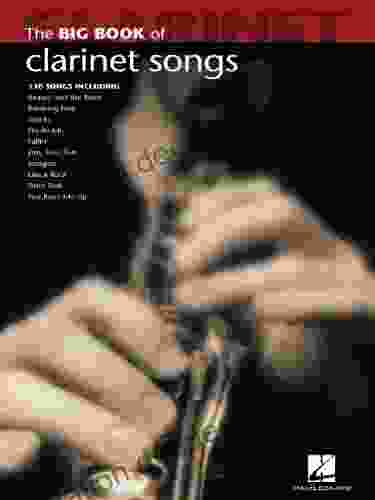
 Justin Bell
Justin BellThe Big Clarinet Songbook: A Musical Treasure for...
The clarinet, with its rich...
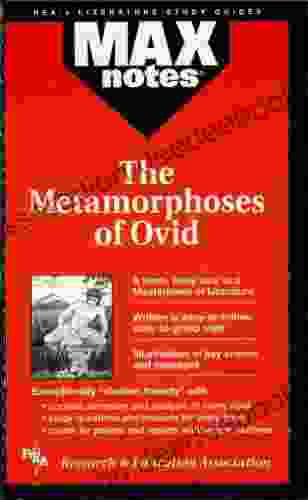
 Jamie Blair
Jamie BlairThe Metamorphoses of Ovid: A Masterpiece of...
An Epic Tapestry of Mythology and...
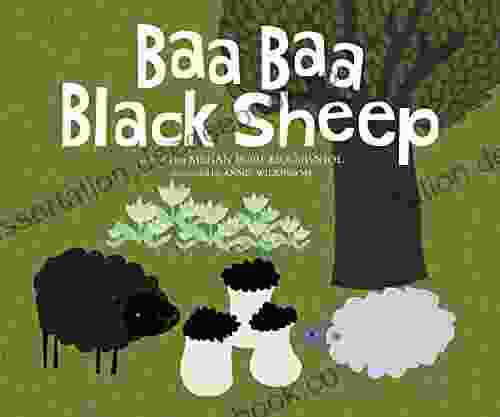
 Alan Turner
Alan TurnerBaa Baa Black Sheep: A Classic Sing-Along Song for Kids
Baa Baa Black Sheep...
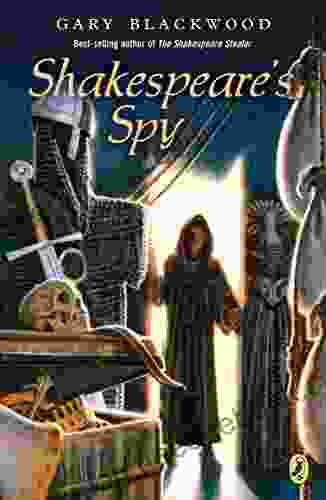
 Bradley Dixon
Bradley DixonUnveiling the Enigmatic Shakespeare Spy: The...
Prologue: The Shadowy World...

 Gilbert Cox
Gilbert CoxUnleash Your Creativity with Plastic Craft Lace Projects:...
Plastic craft lace is a...
4.7 out of 5
| Language | : | English |
| File size | : | 9773 KB |
| Text-to-Speech | : | Enabled |
| Screen Reader | : | Supported |
| Enhanced typesetting | : | Enabled |
| Word Wise | : | Enabled |
| Print length | : | 373 pages |


